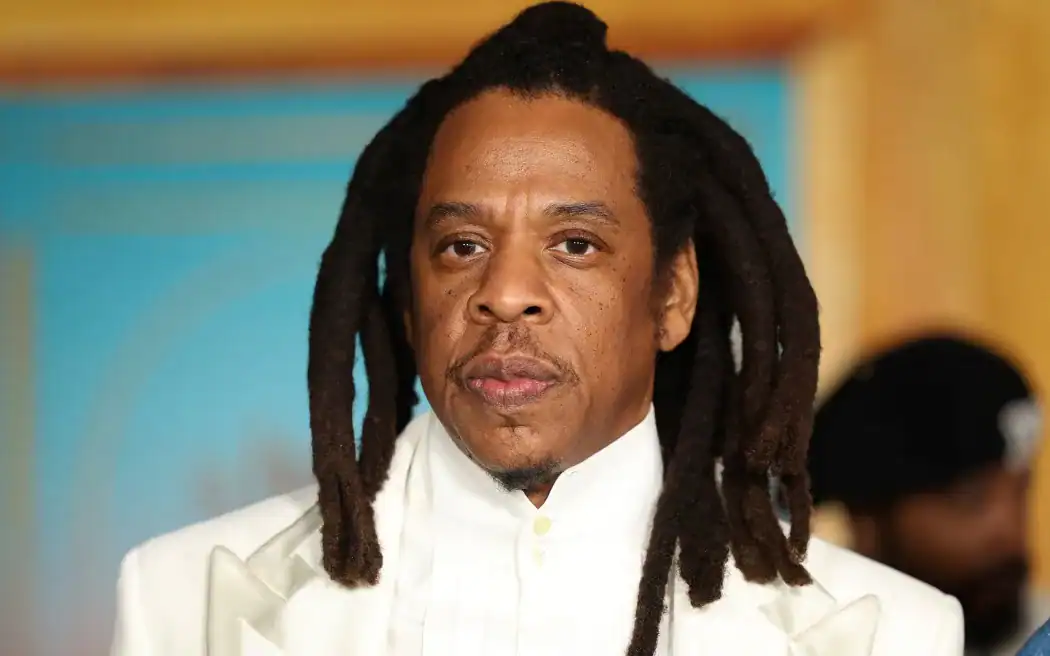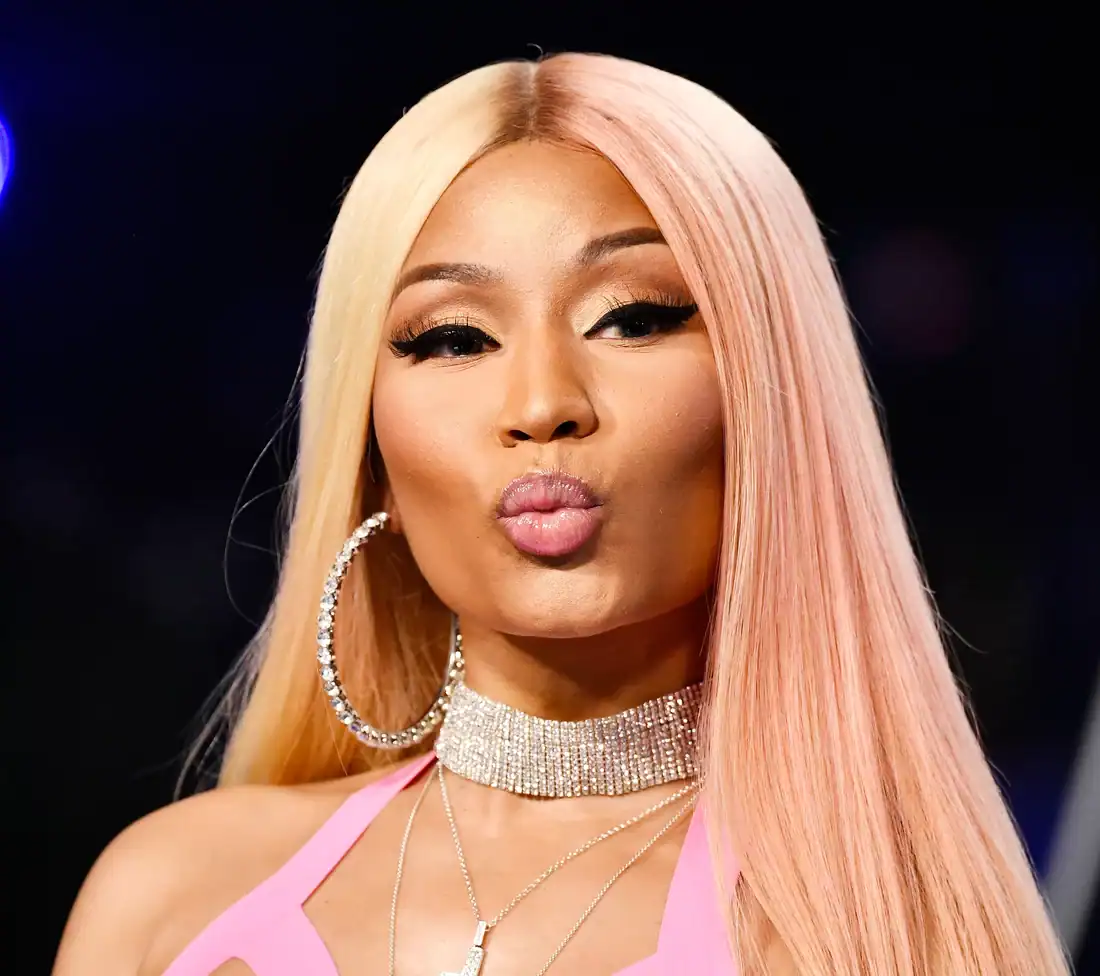What will U.S. foreign policy look like during Donald Trump's second term? After the former president and current president-elect vanquished Vice President Kamala Harris on Tuesday with a resounding victory, this is all anybody around the world is wondering. For good reason—the president of the United States is arguably the most powerful figure on the international stage and the policies he or she enforces can have life or death consequences for other countries.
Foreign leaders are already busy reaching out to Trump, either through phone calls or tweets. South Korean President Yoon Suk Yeol congratulated Trump on his win and praised his "strong leadership." Japanese Prime Minister Shigeru Ishiba did much the same and is hoping to schedule a meeting with Trump sometime this month. Ukrainian President Volodymyr Zelensky, the foreign leader with perhaps the most at stake during the 2024 U.S. election, met Trump in September and wasted no time showering him with warm words.

But make no mistake, there is a lot of worry around the world right now. Much of it is driven by feverish speculation about what Trump will or won't do over the four-year period starting next January. Ukraine, for example, has a justifiable concern about being sold down the river; it's no secret that when forced to choose between ending the war in Ukraine or helping Kyiv win it, Trump is more sympathetic to the first scenario. Japan and South Korea, America's two closest allies in Asia, still have memories of the intense squabbles they had with Trump administration officials about cost-sharing for U.S. military bases in both countries, not to mention Trump's questioning of the alliance system as a whole. China, Washington's principal strategic competitor, isn't expecting much in the way of improvement given Trump's threats of slapping even higher tariffs on Chinese products. The Gulf States, meanwhile, expect the business-minded Trump to forget about human rights (let's remember that Trump strongly defended Saudi Crown Prince Mohammed bin Salman after the Saudi government-orchestrated murder of Washington Post columnist Jamal Khashoggi) and strike a series of economic and military deals.
But one would be a fool to pontificate too much about Trump's plans. In many ways, it's wasted energy. Trump isn't Ronald Reagan, George H.W. Bush, or Joe Biden—he doesn't have a set ideology or a fixed view of how the world should function. His beliefs are situational, flexible, and at times contradictory. He says things on the campaign trail but either disregards them when he's in office or changes his opinion depending on who happens to be in the room with him. Sure, he may have one core position—the U.S. is constantly getting ripped off by everybody—but everything else is really open to interpretation. The guy is an enigma, and he likes it that way.
Look no further than Trump's first term. Trump wasn't fond of NATO, badgered the Europeans to beef up their defense budgets, and essentially described the entire continent as a spoiled child content with hiding underneath the U.S. security umbrella. But his policies didn't match with his rhetoric. Trump kept the U.S. in the transatlantic alliance, allowed that alliance to expand to two new members—Montenegro and North Macedonia—and threatened European governments with unspecified penalties if it locked U.S. defense manufacturers out of any European rearmament scheme. U.S. troop levels in Europe remained constant throughout, and when Trump ordered the withdrawal of almost 10,000 U.S. troops from Germany in 2020, most of them were scheduled to re-deploy to other countries in Europe.
Or take U.S. policy on Russia. Trump's personal infatuation with Russian President Vladimir Putin is well known, exhibited most vividly in July 2018, when he took the Russian dictator's side over the U.S. intelligence community about Russia's interference in the 2016 U.S. presidential election. But U.S.-Russia relations weren't exactly great during Trump's presidency. If anything, the Trump administration was more hawkish on Moscow than the Obama administration. U.S. sanctions were institutionalized and expanded, dozens of Russian diplomats were thrown out of the country, several Russian consulates in the U.S. were closed, and Trump sent Javelin anti-tank missiles to Ukraine, which Barack Obama didn't do.
These are only two case studies. But the conclusion is the same—what Trump says doesn't necessarily equate to what Trump does. What the president says matters, of course, and foreign leaders can't afford to treat his words as irrelevant. Trump's decisions, however, will depend on a multitude of variables—who will serve on his national security team; what the geopolitical situation will look like upon his inauguration; how many crises he's going to have to manage or deal with; and Trump's own thought-process on any given day. All of these are unknowable at this stage of the game.
Any descriptions of Trump's foreign policy right now should be read as entertainment, not fact.
Daniel R. DePetris is a fellow at Defense Priorities and a syndicated foreign affairs columnist at the Chicago Tribune.
The views expressed in this article are the writer's own.



















:quality(85):upscale()/2024/04/24/878/n/3019466/36c5693c662965c5d1ce91.72473705_.jpg)
 English (US) ·
English (US) ·